Section 6
Sociological Theories and Global Inequality
By Boundless

From a functionalist point of view, inequality plays a role in holding society together and encouraging efficiency.

Conflict theory of stratification holds that inequality is harmful to society because it creates a fixed system of winners and losers.

The interactionist perspective on social inequality focuses on the way that micro-interactions maintain structural inequality.

In Lenski's view, inequality is a natural product of societal development.
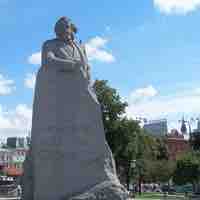
In the Marxist perspective, social stratification is created by unequal property relations, or unequal access to the means of production.
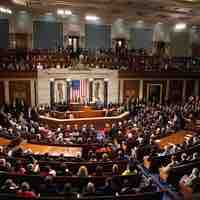
Max Weber formed a three-component theory of stratification in which social difference is determined by class, status, and power.
Market-oriented theories of inequality argue that supply and demand will regulate prices and wages and stabilize inequality.
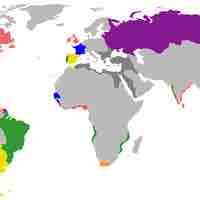
Dependency theory states that colonialism and neocolonialism have created unequal economic relations between poor and wealthy countries.
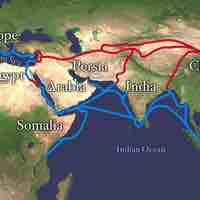
World Systems Theory posits that there is a world economic system in which some countries benefit while others are exploited.
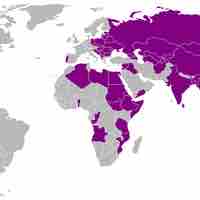
According to state-centered theories of inequality, the government should regulate the distribution of resources to protect workers.

Social theorists think differently about global inequality based on their sociological perspective.